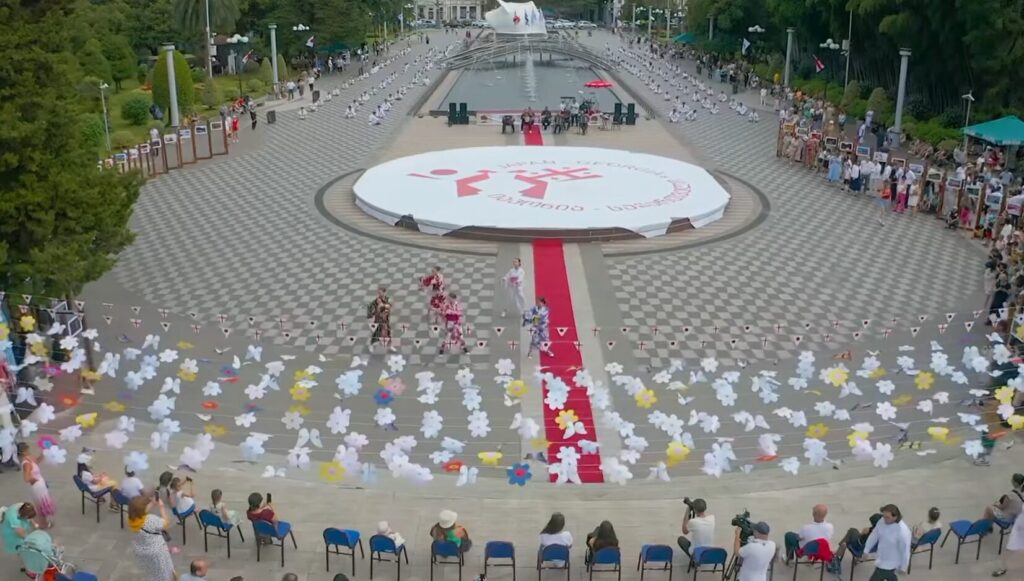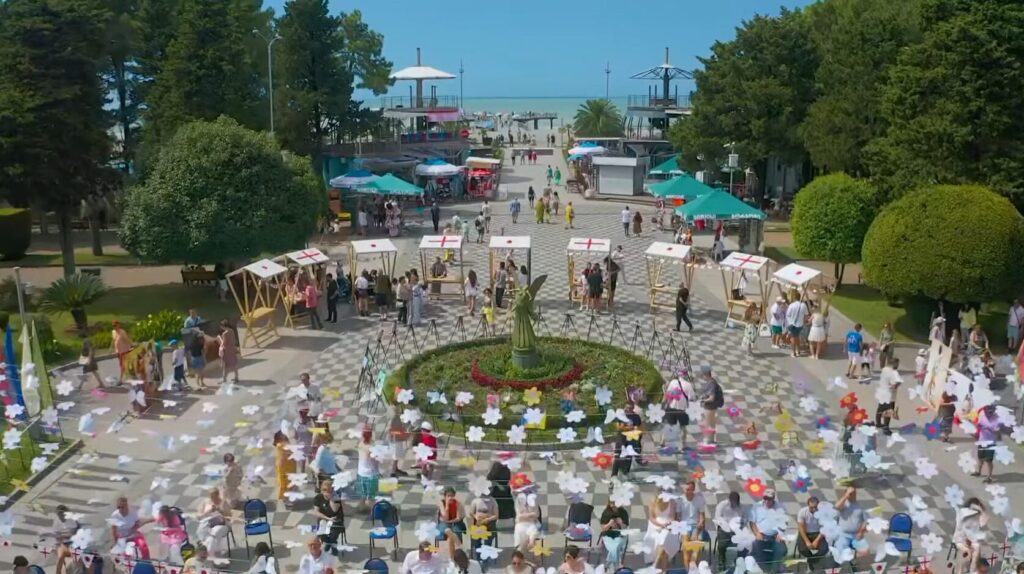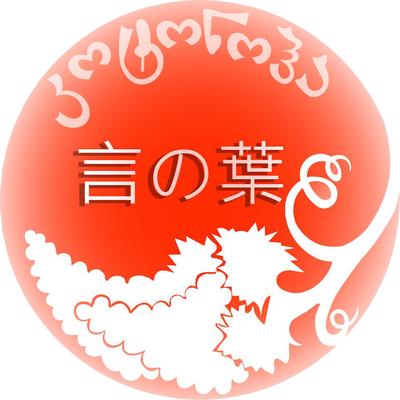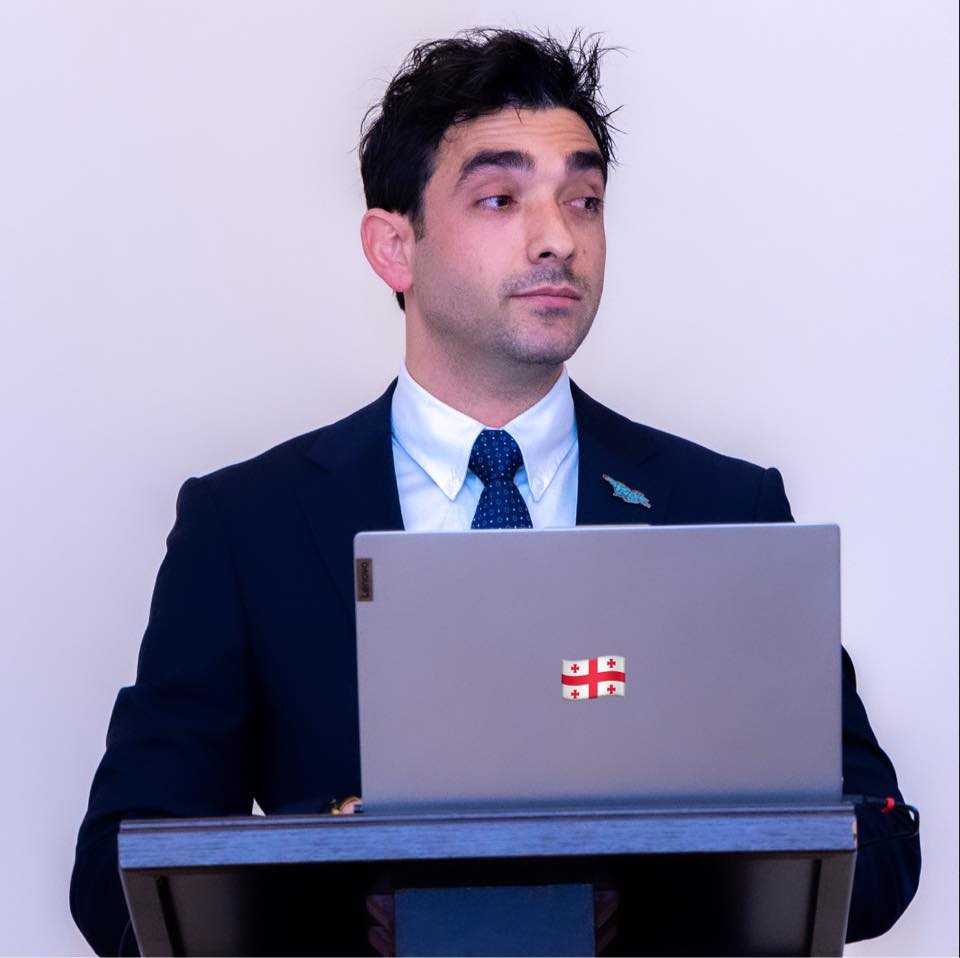【Profile】
Japanese Language lecturer at Batumi Shota Rustaveli State University
――What inspired you to start learning Japanese?
lasha san:I was inspired to start learning Japanese through the influence of my father, who always held Japan in high regard. I didn’t know much about Japan at the time, but his thoughts on the importance of the Japanese language sparked my interest.
After graduating from school in Batumi, I enrolled at a university in Turkey to study Japanese. Back then, Japanese language education was hardly available in Georgia, but that particular university in Turkey offered Japanese courses. I studied Japanese there for five years, also keeping in mind the possibility of working in diplomacy in the future.
――What was your impression when you first visited Japan?
Lasha san: During the summer of my second year at university in Turkey, I visited Japan for the first time and stayed for several months. Even before going, I had a deep admiration for Japan, but seeing it with my own eyes exceeded all my expectations.
After graduating from the university in Turkey, I returned to Japan to study Japanese at a language school. Living in Japan was an essential part of deepening my understanding of the country. I attended local events, visited temples, traveled across various regions—including Okinawa—and through these experiences and personal interactions, I was able to learn things that no textbook could teach me.
Originally, my plan was to pursue both a master’s and a doctorate at a Japanese university after language school, and to build a career in diplomacy. However, circumstances required me to return to Georgia. I began working in Batumi, but my passion for Japan never faded, and I continued to hope for an opportunity to work in a Japan-related field.
Eventually, after completing my master’s degree at Batumi State University, I officially joined the university’s Japanese language program in 2019 and began contributing to Japanese language education.
――Could you tell us about Japanese language education at Batumi State University?
Lasha san: At Batumi State University, I currently teach Japanese twice a week. Each class lasts two hours, which adds up to 60 hours of instruction per semester. Around 30 students are enrolled, and about 10 of them study with strong motivation and commitment.
Before I started teaching at the university, I also gave private lessons at home, like a tutor. That’s why being able to officially teach Japanese at the university has been a truly gratifying experience for me.
It’s now been six years since the Japanese language courses were established at the university. In the beginning, many things were unfamiliar and challenging, but now in my sixth year, I believe I’ve taught over 100 students. Some of them have even passed the JLPT N1, which makes it all feel incredibly rewarding.
――Could you tell us about the annual Japanese cultural event held in Batumi each summer?
Lasha san:Since the summer of 2022, we have held a Japanese cultural event in Batumi every year. The goal is to foster interest in Japanese culture and to inspire motivation for learning the Japanese language.
The event features performances such as Japanese songs and traditional dance, demonstrations of calligraphy and karate, as well as booths celebrating various aspects of Japanese culture. It’s an open event designed so that anyone can come and enjoy Japanese culture freely.
I believe organizing events like this is important because it expresses the way Georgia regards and relates to Japan. In my view, this is one form of cultural diplomacy.


――What do you think is essential for strengthening the relationship between Japan and Georgia?
Lasha san:I believe that person-to-person exchange is the most important factor in deepening the relationship between our two countries. Whether it’s in the realm of culture, education, or business, everything is ultimately built upon human connections.
Of course, formal diplomatic talks are important as well. However, I believe that in a sense, each individual serves as a representative or ambassador of their country. That is why these personal exchanges and bonds between people can strengthen the ties between two nations more quickly, more powerfully, and more meaningfully than anything else.



